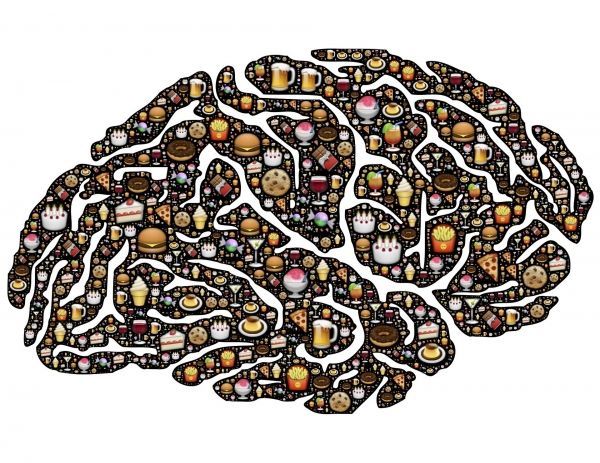You may be familiar with the saying, “You are what you eat,” but did you know the food you eat could impact your memory?
Assistant Professor Auriel Willette and his team of researchers in the Department of Food Science and Human Nutrition analyzed data and discovered a satiety hormone that, at higher levels, could decrease a person’s likelihood of developing Alzheimer’s disease. A paper outlining the results of their study recently was accepted for publication in Neurobiology of Aging.
Using data from the Alzheimer’s Disease Neuroimaging Initiative (ADNI), the researchers looked at the satiety hormone, Cholecystokinin (CCK), in 287 subjects. CCK is found in both the small intestines and the brain. In the small intestines, CCK allows for the absorption of fats and proteins. In the brain, CCK is located in the hippocampus, which is the memory-forming region of the brain.
Alexandra Plagman, graduate student in nutritional science, said they chose to focus on CCK because it is highly expressed in memory formation. The researchers wanted to see if there was any significance between levels of CCK and levels of memory and gray matter in the hippocampus and other important areas.
Read more at Iowa State University
Image via Pixabay


